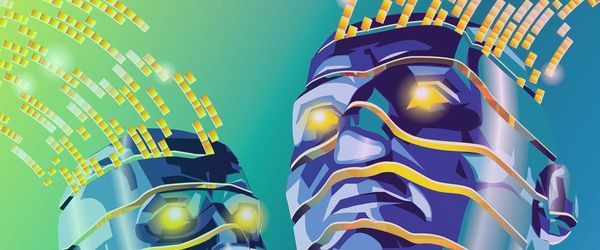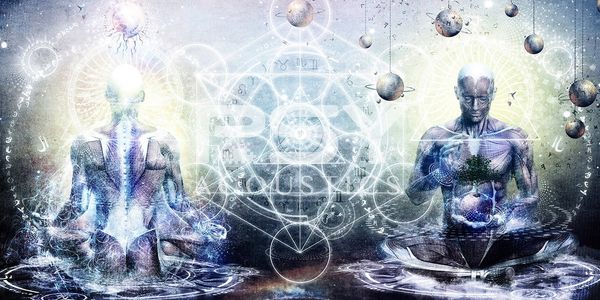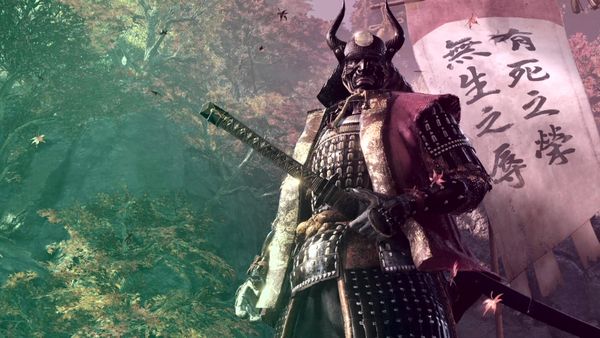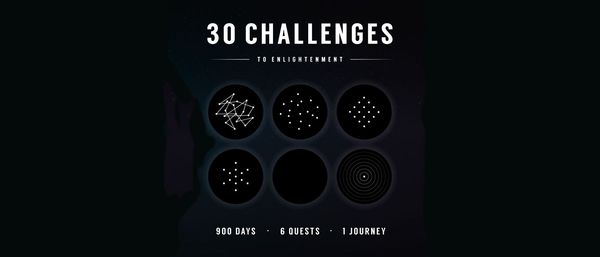Justin Noppé • • 3 min read
The 3 Reasons Intelligent People Still Struggle to Learn
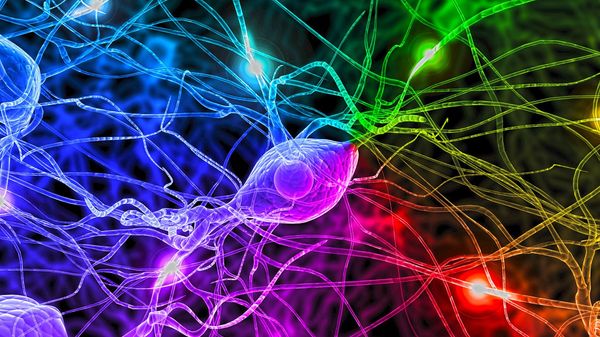
This is an article from Justin Noppé. We’re opening the doors to our accelerated learning course with Justin soon. Add yourself to the early access list here.
When you were in school, did you know someone who was intelligent and yet despite this got incredibly poor grades?
I was easily one of these people.
I knew that I was smart but my marks never reflected this. I was close to failure in many cases.
However, in class, I got the teaching point before others and inevitably was stuck teaching others what we were learning. Like many, my education was scarred by teachers and parents putting ideas in my head about not being enough to achieve what they valued.
Allow me to add a disclaimer here: I am not saying that people are malicious.
I’m saying the frame around education, around ‘normal’ and around what ‘success’ looks like, were all enough to contribute to an adolescent psyche being even more paranoid about self-worth.
There are multiple reasons why intelligent people may not flourish in school or university settings, here are the top three from my experience:
1 — Different Intelligences
The gifted athlete, the guy who remembers every rule in the D&D book, the friend who cooks amazingly, the mother who is somehow able to soothe every child’s nerves in her house, the creative type who effortlessly produces beauty from any material.
Schools are not geared to enhance each intelligence, but rather make sure that each person can do the same things.
And what’s worse is that everyone is expected to get there using the exact same methodology.
This system may have been acceptable in the time it was introduced, but we are rapidly getting to a point where we need an upgrade to the system.
Most people are aware of Learner Preferences (Visual —Auditory—Kinaesthetic).
Some people are aware of Howard Garner’s Multiple Intelligence model (intrapersonal intelligence, interpersonal, logical-mathematical, bodily-kinaesthetic, linguistic, musical, visual-spatial, etc.).
Few people are aware that literally anything can be a reflection of whatever intelligence is needed for a particular context. Cooking for example.
Perhaps a combination of the intelligences mentioned above that when taken alone are mediocre, however, when combined create a specialized intelligence for the context a person is passionately engaged in.
2 — Knowledge of Study
If you are like me, it means you understood quickly, were able to use short-term memory, and then with time, your short-term memory decayed and you failed exams despite excelling in classes.
If you are the mirror of me, you were someone who was slower to understand but was able to study sufficiently to transfer things to long-term memory and therefore pass exams.
Hell, a third option here is the person who didn’t quite get it in the classroom, didn’t encode the knowledge in the long-term study, but crammed the night before, filling up the short-term memory to the max, writing the exam and passing, only to forget everything two days later.
Sound familiar? It is the most common scenario.
Many schools, many teachers, have no idea how to help students with the learning process.
One general formula is taught. It isn’t accurate. It doesn’t integrate the whole mind/body in the process.
Curiosity, emotions, progressive overload in understanding and in doing, feedback and reflection; none of these are shown as a sequential necessity.
So instead, we blame ourselves, creating beliefs that we are ‘broken’ in some way.
3 — Personal Adaptation
Another reason why intelligence isn’t allowed to shine is that people all learn in the same sequence.
It is assumed that, given the same information, all people will take the same points away and understand the same concepts.
However, our personal experience, our own history of life, shapes how new information comes into the mind.
Emotional responses may be different, or even the importance we give to each point. In the teacher’s mind, it might be very important, but in the mind of the learner, it is thought to be of minor importance.
Now Remember…
Remember after reading this, if you are human, you are intelligent, and you have no doubt been told that you are stupid at least once in your life.
The beautiful thing is that you also know, after a few years of interacting with the world, where you shine!
Don’t let anyone tell you that you aren’t intelligent — you have a type of intelligence — the journey that we are all on is figuring out how we got it and how we can reproduce it!
What comes easy for you that others find hard?
My brother understands animals better than anyone I have ever met. My wife, the gut. My friend, networking. Another friend, personal expression.
What is your intelligence?
Learn The Ultimate Skill
A new HighExistence transformational experience coming soon.



